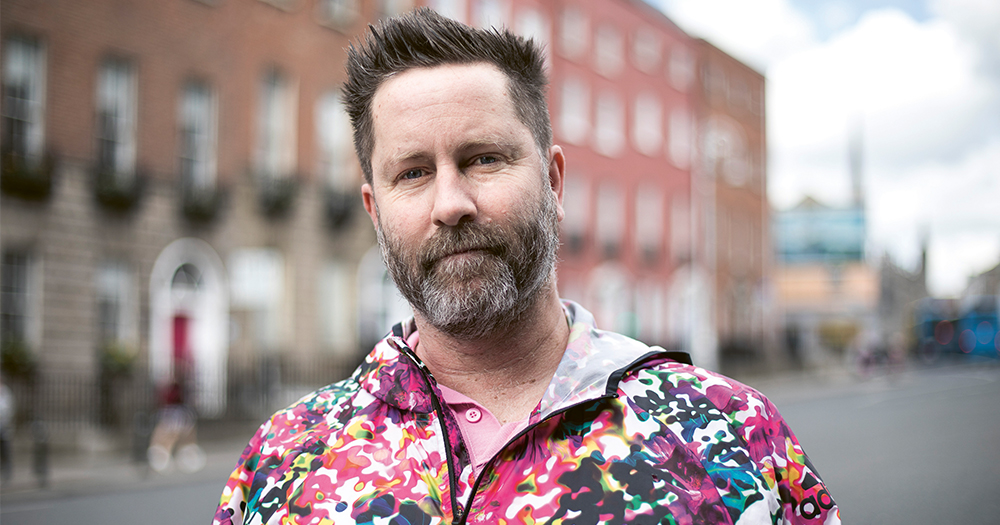Thomas Strong is an activist with ACT UP Dublin and a lecturer in anthropology at Maynooth University. As a person living with HIV, he speaks about the dangers of stigma and the necessity for the U=U message to be shared.
“One way in which stigma works is that people often think that HIV is about other kinds of people, that it isn’t in their own social world. So when I teach about the HIV epidemic to my students in medical anthropology, I do so from the perspective of someone openly living with HIV. It is my hope that doing so counters the impression that HIV is ‘out there’ somewhere, rather, it is in here with us.
“Social stigma and social marginalisation are really harmful aspects of the epidemic. In many respects, the stigma is the biggest problem for those of us living with HIV who have access to medication and are actually pretty healthy in every respect.”
Know your status. End stigma. ACT UP. Fight back. PrEP now. #HIVpreventionDay #UequalsU #PrEPnow #HIV pic.twitter.com/elvcwRLtEo
— ACT UP Dublin (@ActUpDublin) July 17, 2019
“For years after I tested positive I had internalised a lot of bad ideas about HIV, even though I was always an AIDS activist, even though I thought that the stigma was wrong. Nevertheless, it sort of seeps into you. And here’s the thing- what happens is that it seems to be discrediting and shameful, it seems to mean something bad about you- that you’re reckless or promiscuous. And so people, therefore, keep it a secret. Because they don’t want people judging them, looking down on them. And if you keep a secret like that, even if you don’t really believe what people say about it, that begins to affect your whole personality and outlook on life and that can be very damaging.
“The other piece of it is because we don’t come out about our status because of the association of stigma, the community in general doesn’t think that there are, or doesn’t see, people with HIV. So a lot of people will think, ‘I don’t know anyone who’s HIV positive,’ or, ‘I’ve never had sex with someone who’s HIV positive,’ and that’s not true. They have met them, it’s just that they didn’t know it.”
Wondering what #UequalsU means? Check out this helpful explainer from @SFAIDSFound https://t.co/l0BBxIv7vn
— ACT UP Dublin (@ActUpDublin) July 18, 2019
U=U, or Undetectable Equals Untransmittable, means that a person with HIV who has an undetectable viral load can not pass the virus onto a partner. Thomas explains the necessity for that message to be shared.
“Especially in Ireland, the knowledge of the fact that people living with HIV that are on treatment can not pass on the virus is really low. That message needs to get out and people need to hear that. And, point of fact, I think it’s more important for people living with HIV to learn that about ourselves than it is for HIV negative people. For people living with HIV, you’re released from a kind of worry, you understand that you actually can’t harm others, that there’s no way to pass on the virus.”
For more information on HIV and the U=U message, visit ACT UP Dublin, HIV Ireland, Man2Man or Positive Now.
This story was originally published in GCN Issue 355.
© 2019 GCN (Gay Community News). All rights reserved.
Support GCN
GCN is a free, vital resource for Ireland’s LGBTQ+ community since 1988.
GCN is a trading name of National LGBT Federation CLG, a registered charity - Charity Number: 20034580.
GCN relies on the generous support of the community and allies to sustain the crucial work that we do. Producing GCN is costly, and, in an industry which has been hugely impacted by rising costs, we need your support to help sustain and grow this vital resource.
Supporting GCN for as little as €1.99 per month will help us continue our work as Ireland’s free, independent LGBTQ+ media.
